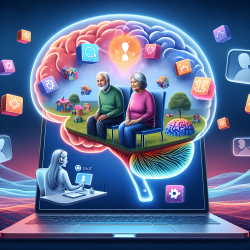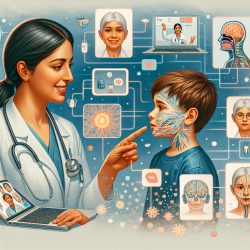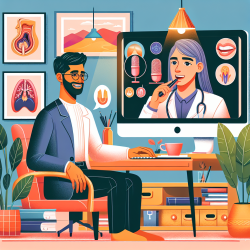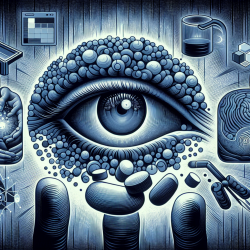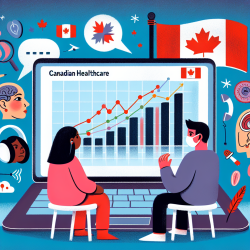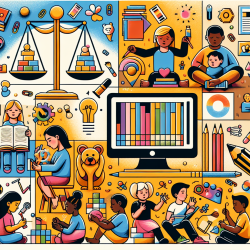The mental health landscape is rapidly evolving, and as a practitioner in the field of online therapy, staying updated with the latest research is crucial. A recent study titled Development of mental health human resources for mental well-being offers valuable insights that can significantly enhance your practice. Here’s a closer look at how you can leverage the findings from this research to improve your skills and deliver better services to your clients.
Key Findings from the Research
The research highlights several critical aspects of mental health service delivery, with a particular focus on the development of human resources. Here are some of the key takeaways:
- Integration of Services: Effective mental health systems should integrate mental health services into primary health care and link them to secondary care.
- Focus on Self-Care: Promoting self-care is one of the most cost-effective strategies for building mental well-being infrastructure. This includes managing stress, increasing resilience, and having the knowledge to seek help when needed.
- Informal Community Care: Involving services available in the community but not a direct part of the formal health system can be beneficial. This includes traditional healers, teachers, police personnel, and NGOs.
- Training Non-Specialists: The WHO’s mental health gap intervention guide (mh-GAP IG) provides evidence-based guidance for training non-specialists in mental health care, which can be highly effective in resource-limited settings.
Implementing These Findings in Your Practice
Here are some practical steps you can take to incorporate these findings into your online therapy practice:
- Enhance Your Self-Care Programs: Educate your clients about the importance of self-care and provide them with resources and tools to manage stress and build resilience.
- Leverage Community Resources: Collaborate with local community resources such as schools, NGOs, and other support systems to create a comprehensive care network for your clients.
- Train Non-Specialists: If you work with a team, consider training non-specialist staff using the mh-GAP IG guidelines to expand your service delivery capacity.
- Stay Informed: Continuously update your knowledge by reading the latest research and incorporating new evidence-based practices into your therapy sessions.
Encouraging Further Research
While implementing the findings from this research can significantly improve your practice, it’s also essential to stay curious and continue exploring new developments in the field. Encourage your peers and colleagues to engage in further research and share their findings to collectively enhance the quality of mental health services.
To read the original research paper, please follow this link: Development of mental health human resources for mental well-being.



